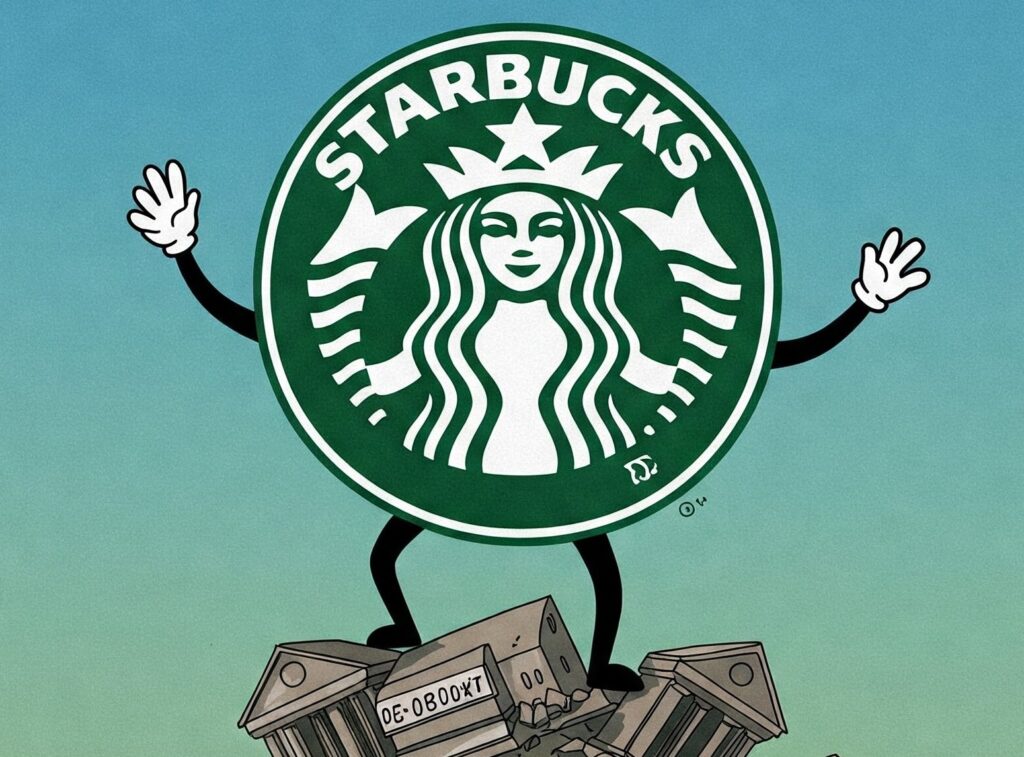 It’s not every day a coffee company finds itself mentioned in the same breath as America’s banking system — but then again, Starbucks isn’t your average coffee company.
It’s not every day a coffee company finds itself mentioned in the same breath as America’s banking system — but then again, Starbucks isn’t your average coffee company.
At the close of fiscal 2024, Starbucks reported a stored-value card liability of $1.78 billion — money customers have already paid the company for drinks they haven’t yet ordered. This financial quirk quietly says a lot about modern consumer trust and behavior.
To put it in perspective: there are roughly 4,500 FDIC-insured banks in the United States, many of them small community institutions. Thousands of those banks have less than $1 billion in total assets — which means Starbucks’ unspent gift-card balances are on par with, or even larger than, the total balance sheets of some local banks.
Now, this isn’t an apples-to-apples comparison. A bank’s assets are loans and deposits; Starbucks’ “liability” is prepaid coffee. But it’s an eye-opening reminder that customers are perfectly comfortable letting a global coffee brand hold on to billions of their dollars — effectively making Starbucks one of the more consumer-trusted prepaid systems in the world.
Those numbers aren’t an accident. Starbucks has built an ecosystem where convenience meets habit. The card — and now the app — isn’t just a way to pay; it’s a way to belong. You can earn rewards, skip the line, and feel like part of the daily rhythm that Starbucks has choreographed so well.
And for Starbucks, those cards create a small but meaningful financial cushion. Every dollar sitting unspent is an interest-free loan from customers, some of which will never be redeemed. In accounting terms, that’s “breakage.” In human terms, it’s the five-dollar card you meant to use last December but forgot in your wallet.
It’s a small reminder of how big modern loyalty economics have become. In a world racing toward fintech and digital wallets, Starbucks did something brilliantly simple — it made coffee its own currency.
So the next time you reload that Starbucks card, remember: you’re not just buying a latte. You’re participating in a billion-dollar micro-bank that runs on caffeine, routine, and trust — and the interest rate, at least for Starbucks, is pretty great.
